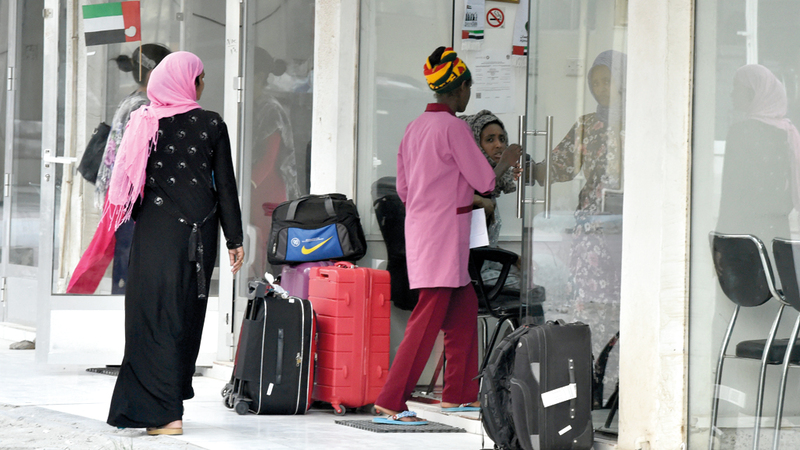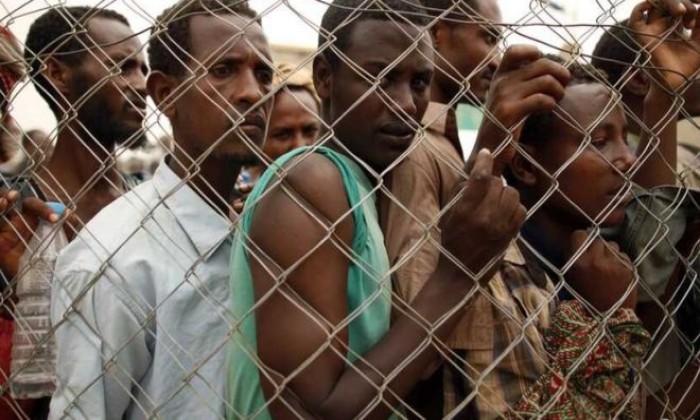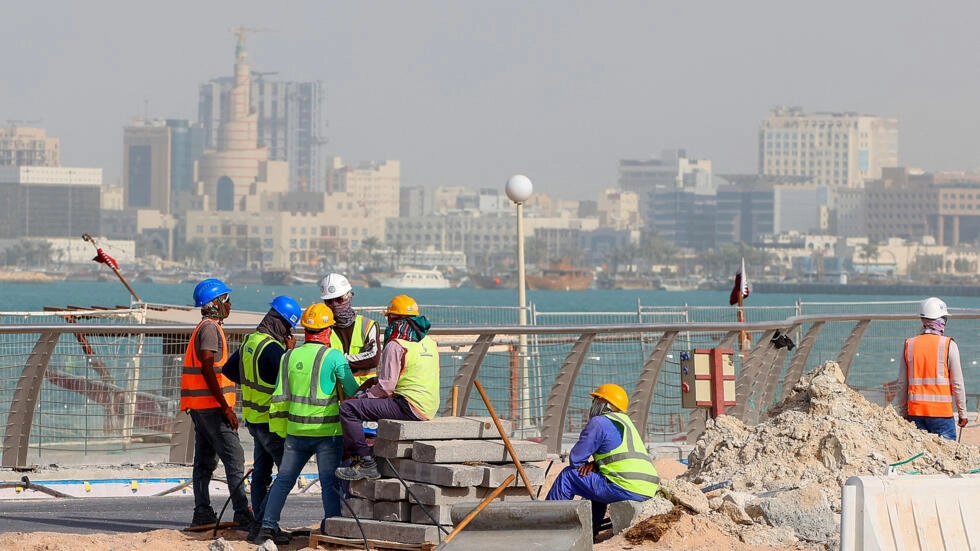The recent forced labor complaint against the Saudi Arabian government by the Building and Wood Workers’ International Union (BWI) underscores significant concerns about the treatment of migrant workers under the country’s Vision 2030 plan. This action by the BWI, representing 12 million members, serves as a stark warning to Saudi authorities, businesses, and investors about[…]
Summary The United Arab Emirates is the country with the highest proportion of international migrants in the world. Labour migration in the kingdom is governed by a restrictive and abusive system, named kafala, that causes numerous and well-documented abuses. This briefing paper contextualizes the kafala system in the Gulf Cooperation Council (GCC) countries and the[…]
Indian women migrant workers in the Middle East and North Africa (MENA) region are expected to reach 6 million in 2-3 years. Due to the loosening of labour restrictions regarding women in the region, for example, the removal of restrictions on work during night hours, there has already been a 23% growth in demand for[…]
The Gulf remains a major destination for migrant workers, primarily from southern and Southeast Asia. Often, migrants from Bangladesh, India, Sri Lanka, Pakistan, and numerous other countries travel to the Gulf States to work in low-skilled labour sectors. ADHRB, along with other organisations, reported the systemic discrimination these minorities face, including access to healthcare, threats[…]
Last month, FIFA announced that Saudi Arabia will host the next 2034 World Cup. Their announcement highlights unsolved issues from the 2022 Qatar edition. FIFA and Qatar did not uphold the respect of migrant workers’ rights involved in building the necessary infrastructures for the most important football competition. This negligence convinced different members of the[…]









